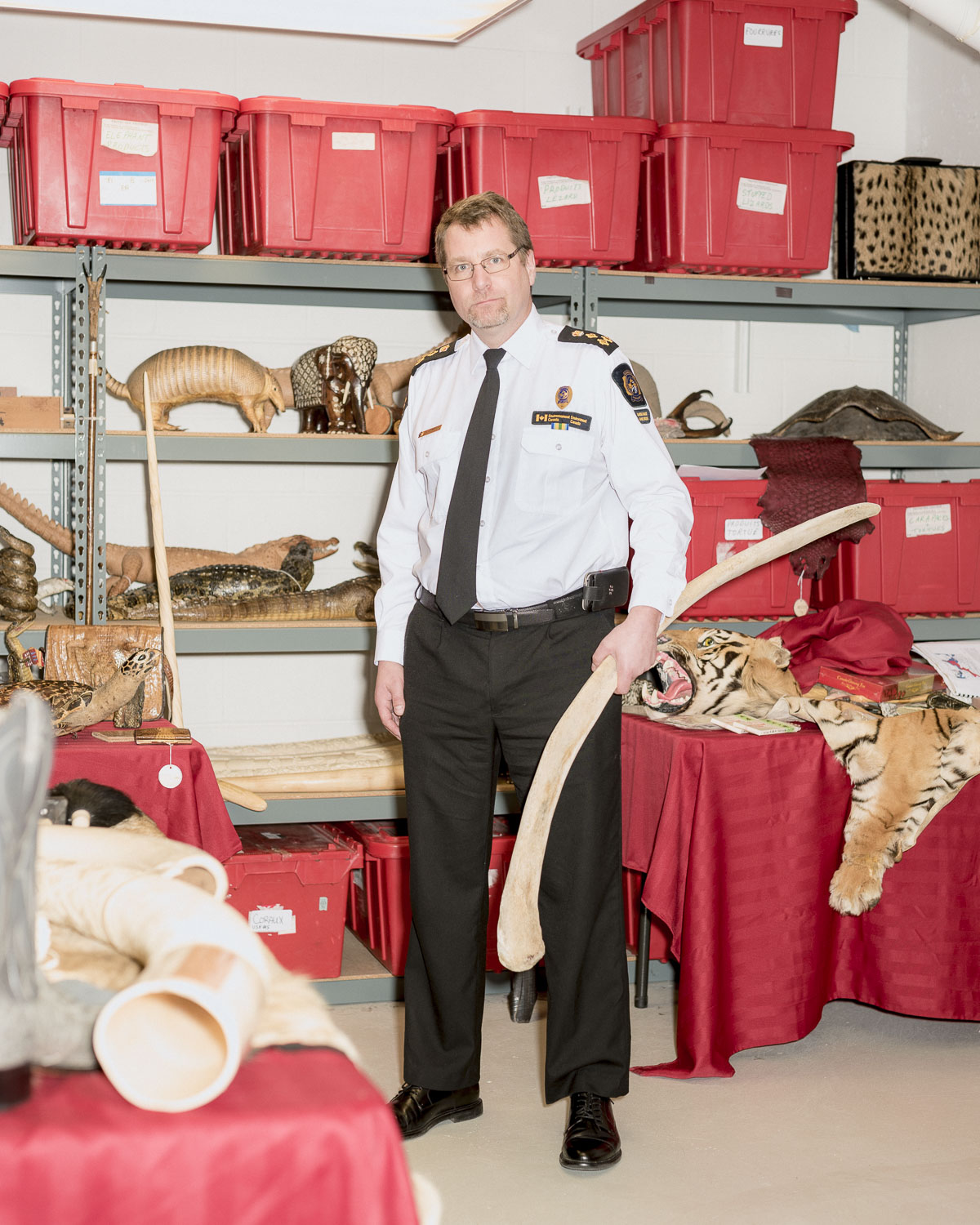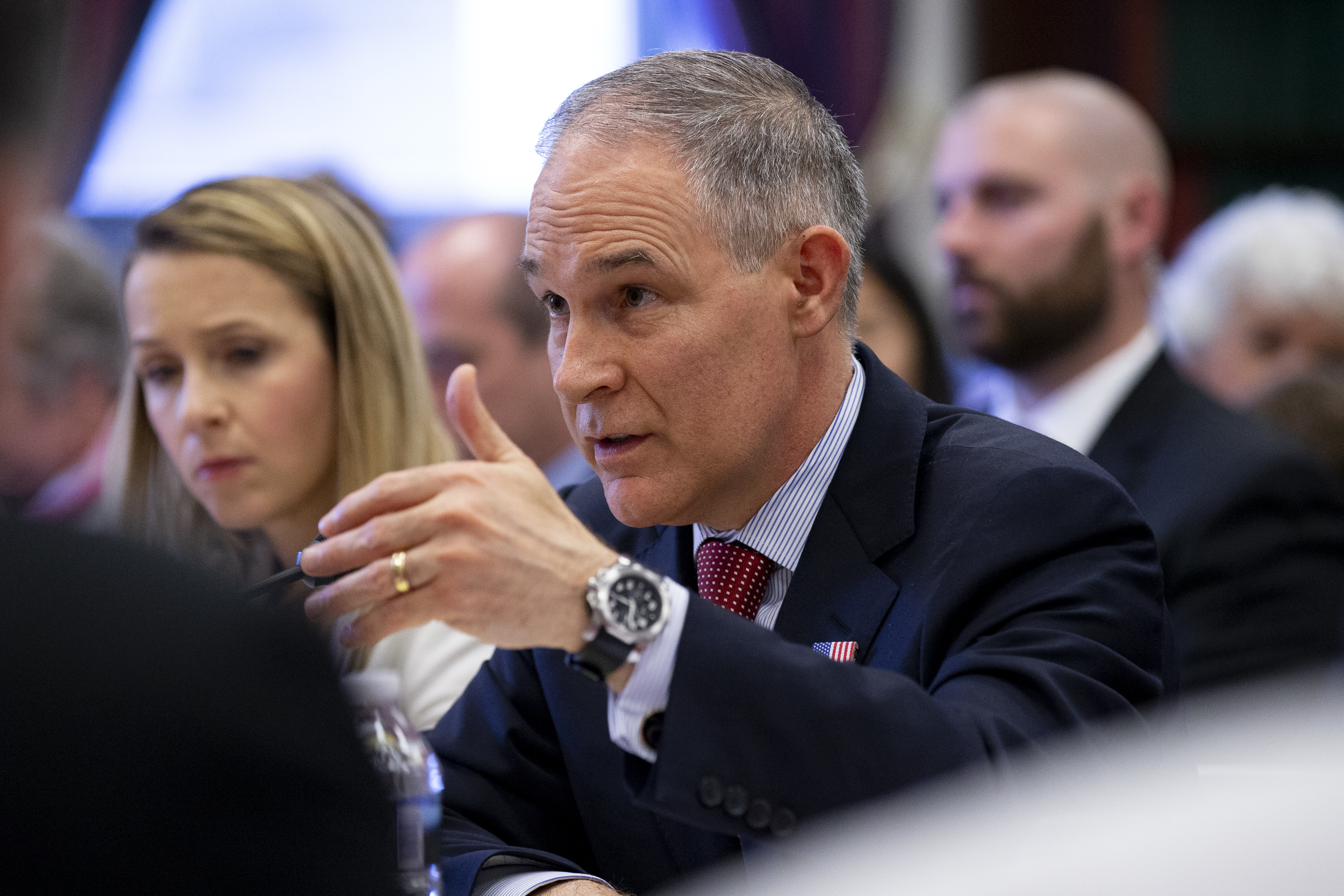A weekly newsletter for Pacific Standard Premium members.

Your Five Essential Reads
A rundown of five of our most important and timely stories from the past week.
- Twenty years ago James Byrd Jr. was brutally lynched in the town of of Jasper, Texas. At the time, the event sparked a more open discussion of the troubled racial history in the state, and even spurred political action to prevent such an atrocity in the future. But now, as writer John Savage reports from Jasper, some folks in the area are attempting to scrub the history and bigotry of the murder from the town’s history. Read the story here.
- What is the expiration date of a fact? What outside sources do you use to corroborate a first-person account of a news event? Is factuality a popularity contest? These are the questions we are looking to address in our new series, Anatomy of a Fact, written by our lead research editor, Ben Rowen. To better understand how the fact-checking process works, and how we report our stories, make sure to check out this series as it continues in the months ahead. Read the series here.
- Animal trafficking is a growing problem—Interpol estimates that wildlife crime could be a $30 billion industry—but due to its multinational nature it is also a difficult one to solve. As pelts and other products are moved across borders it can be difficult to track just where the animal came from, who is responsible for the crime, and where they should be prosecuted. In Canada, as writer Katherine Laidlaw reports, the authorities are utilizing innovative tracking devices and technological solutions to prevent the trafficking of polar bear pelts. Read the story here.
- John Holdren led the Office of Science and Technology Policy for eight years under President Barack Obama. He is now a professor at Harvard University and is using his status as a private citizen to speak out against the problems he sees in how the Trump administration handles science research and funding. Staff writer Francie Diep sat down with Holdren in Washington, D.C., to talk about his take on the big science-related issues in the news and his continuing efforts to influence science policy-making on the Hill. Read the conversation here.
- Last year, President Donald Trump decided not to hold a Ramadan dinner, known in Islam as Iftar, at the White House for the first time in decades. Now, he’s reversed this position and stated he would like to hold a dinner this year, despite the continued efforts by his administration to pursue what critics say are anti-Muslim policies. Contributing writer Massoud Hayoun spoke to leaders of the Muslim-American community about the proposed dinner, and was met with a combination of confusion, skepticism, and suspicion over the motives behind reinstating the event. Read the story here.

(Photo: Alex Edelman/Getty Images)
Scott Pruitt and His Many Scandals
For months, scandals have swirled around Environmental Protection Agency Administrator Scott Pruitt, who is currently facing at least a dozen federal investigations. Thanks in part to a trove of emails released in May as a result of a Freedom of Information Act lawsuit filed by the Sierra Club, the ongoing revelations of Pruitt’s various controversies have taken on the feel of an ethics violation advent calendar, with each day bringing increasingly strange developments.
Here’s a breakdown of some of the more notable problems surrounding Pruitt:
Questionable Use of Taxpayer Dollars
As early as last October, the EPA’s use of taxpayer money was raising red flags. In March, Politico reported that Pruitt had spent more than $105,000 on first-class flights along with $58,000 on private and military plane charters. Pruitt’s staff contended that these expenditures were necessary for the administrator’s safety—a rational that was openly ridiculed at a Senate Appropriations Committee Hearing in May. And it’s become increasingly clear that Pruitt’s questionable spending is not limited to travel expenses: He’s reportedly spent $43,000 on a soundproof privacy booth, $1,560 on 12 silver fountain pens, and at least $9,600 on office décor and desks.
Misuse of EPA Employees’ Time
One of Pruitt’s top aides, Millan Hupp, who has since resigned, testified to the House Oversight Committee that she frequently spent her time doing personal work for Pruitt, including helping Pruitt find an apartment and seeking a “Trump Home Luxury Plush Euro Pillow Top” used mattress on Pruitt’s behalf. That aide’s sister, Sydney Hupp—also an EPA aide, who left the agency last year—made inquiries for Pruitt regarding a possible job for his wife as Chick-fil-A franchisee.
Getting Favors From Lobbyists—and Benefiting From Coziness With the Fossil Fuel Industry
One of the earlier Pruitt scandals concerned his steeply discounted rental of a Capitol Hill condo from a lobbyist whose husband, J. Steven Hart, is himself a lobbyist with ties to the fossil fuel industry. Another lobbyist, Richard Smotkin, helped Pruitt plan a trip to Morocco last December, during which he met with the chairman of Morocco’s state-owned phosphate mining company. More recently, it came to light that Pruitt attended a college basketball game with coal billionaire Joseph W. Craft III, who EPA spokesman Jahan Wilcox called a longtime friend of Pruitt’s, the New York Times reported. None of this is surprising: Pacific Standard noted in January that Pruitt has “a well-documented history as a mouthpiece for oil and gas companies.”
As zany as it is that Chick-fil-A and used mattresses are in the mix, these energy industry connections are in many ways the most concerning of Pruitt’s scandals, because they illuminate Pruitt’s agenda—and the agenda of the EPA under his leadership—of putting industry interests ahead of both science and environmental justice. We’ll continue to keep an eye on both Pruitt’s ethics violations and his efforts to roll back environmental regulations and stifle the use of scientific research to formulate policy.
—Rebecca Worby, Associate Editor

(Photo: Warner Bros. Pictures)
PS Picks
PS Picks is a selection of the best things that the magazine’s staff and contributors are reading, watching, or otherwise paying attention to in the worlds of art, politics, and culture.
The Importance of All-Female Reboots: Ocean’s 8 (which opened on June 8th), starring Sandra Bullock and Cate Blanchett in lieu of George Clooney and Matt Damon, is among a slew of recent and forthcoming all-female reboots. Gender-flipped remakes in various genres are enjoying prominent placement on Hollywood’s release calendar for 2018 and 2019, from Splash to Dirty Rotten Scoundrels, though these remakes often face backlash from online communities of aggrieved males. In 2016, for example, as part of a social media campaign led by a group of anti-feminists and outright racists, the Ghostbusters YouTube trailer became the most disliked in history, and thousands had downvoted it on IMDb even before its release.
That backlash only underscores the importance of upcoming female-led films. According to a recent study, only 34 percent of last year’s top 100 films had a female lead or co-lead, and, of those roles, only three were played by an ethnic minority. “We know that females are grossly underrepresented on screen and in all speaking characters,” Stacy Smith, founder and director of the Media, Diversity, and Social Change Initiative at the University of Southern California, told the Guardian in 2017. “If you compare our percentages to another study that was done in the late ’40s or early ’50s, there has been no movement for half a century.” Films like Ocean’s 8, which put women front and center in action roles typically reserved for men, are a step in the right direction.
—Kristina Kutateli, Contributor
PS in the News
A look at where our stories and staff surface in the national conversation.
- Contributing writer Massoud Hayoun’s reporting on Muslim community leaders’ skepticism over President Donald Trump’s hosting a Ramadan dinner at the White House was referenced in a Sheena Raza Faisal piece for The Slot.
- Science is facing a reproducibility crisis. Dalmeet Singh Chawla wrote on the research that shows how more audits could be an answer to this problem, which was then included in a FiveThirtyEight Significant Digits round-up.
- The Center for Inquiry included a lengthy quote in its Morning Heresy round-up from associate editor Ben Rowen’s introductory piece in his new series, Anatomy of a Fact, which focuses on what counts as true in the “post-fact era.” The piece was also shared by MediaREDEF.
The Conversation
To Be a Good Doctor, Study the Humanities (PSmag.com, May 23rd)
- Perhaps every citizen should have a two-year liberal arts degree before moving on to their specialty—even if its plumbing, teaching, engineering, law, or medicine. —Michael Tomlin-Brenner
Banning Straws Won’t Save the Ocean (PSmag.com, May 31st)
- False. False choice. Paper straws were used before plastic straws and paper straws can be used now and in the future instead of plastic straws. No one who knows anything has ever claimed banning plastic straws will save the oceans. It’s a proverbial drop in the ocean, but it’s a start in the right direction. —Michael Boynton
- This is a perspective that gets missed and an important one. Thank you for this insight. —Matt Jones
- I spoke with a restaurateur here and he stated he could save 700 dollars a month by not using plastic straws. He saw it as a win-win. Almost no one here in Calgary offers them anymore. —Scott Bauer
- Already existing solutions to the “problem” of restaurants becoming inaccessible to disabled persons in the absence of disposable plastic straws: 1) reusable straws; 2) paper straws; 3) adaptive/accommodating glassware; 4) rely on those who need straws to bring their own, just as I have to bring the medicine and medical equipment I need at mealtime to restaurants rather than expecting restaurants to provide me with necessary supplies.—Scott Rogers
When Scientists Become Storytellers (PSmag.com, June 5th)
- Scientists are reluctant to step outside of their specialty knowledge to comment on environmental science issues of a broader nature, but it is becoming essential for more of them to break their silence and help support scientific assessment on all levels and venues. The current scientific unsupportive politic endangers our progress to a more sane future. —Ray Kinney
If you have any thoughts about this newsletter or our work—what you like/didn’t like/want to see more of—you can reach us at premium@psmag.com. If you’re not already, become a premium member by following the button below. As we continue to build out the benefits of a premium membership to Pacific Standard, we want to hear what would be most valuable to you.





